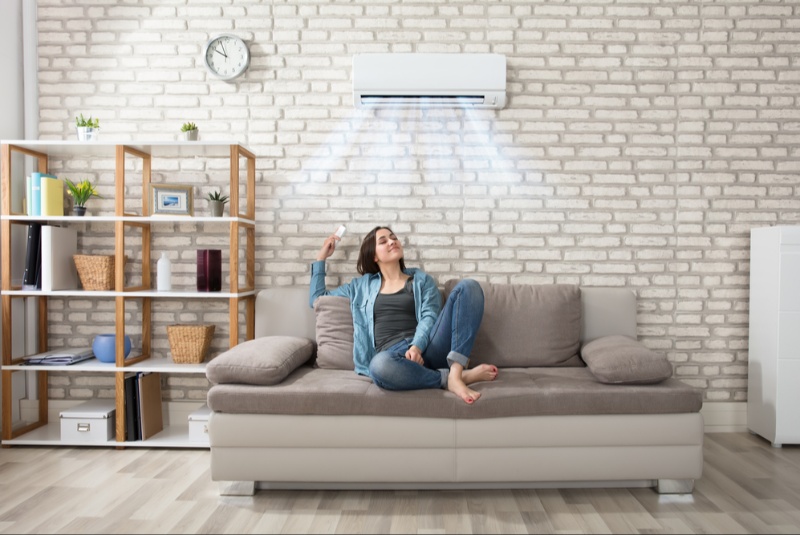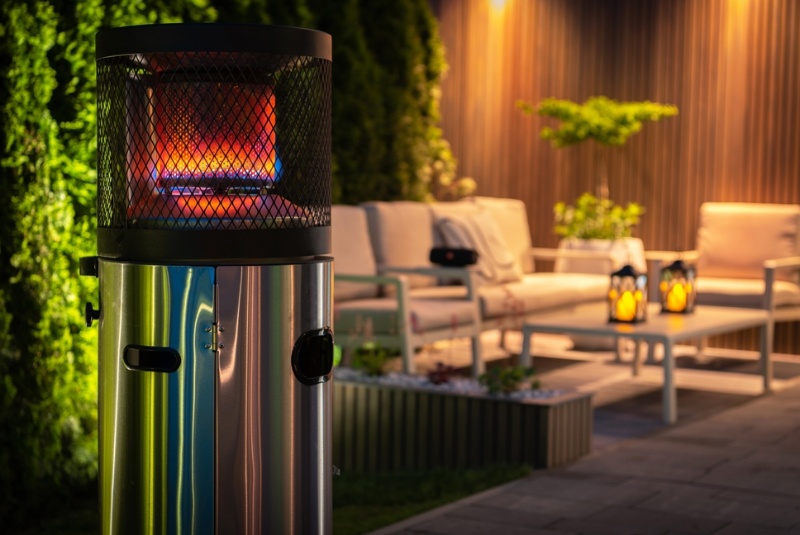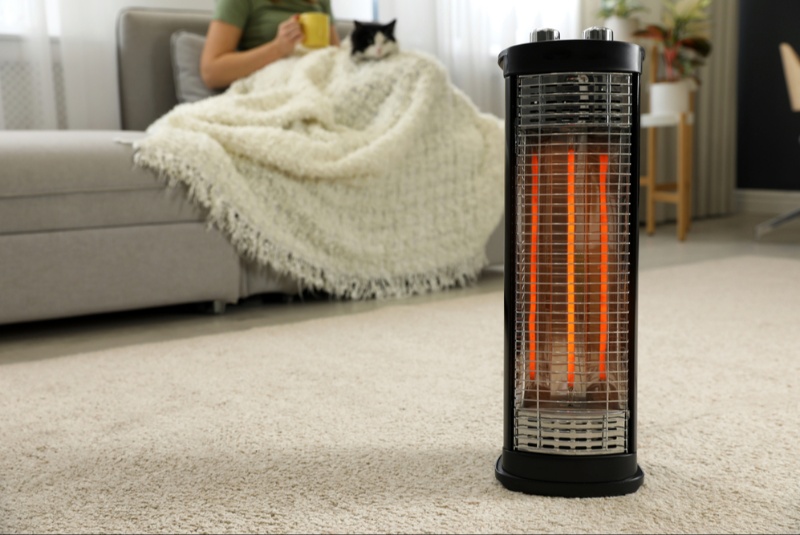As the temperatures soar and the scorching summer sun beats down upon us, the need for a reliable air conditioner becomes more pronounced than ever. Choosing the right air conditioner for your home is not a decision to be taken lightly. It's an investment in your comfort and well-being, and making a smarter purchase can save you money and energy in the long run. In this comprehensive guide, we will explore the factors to consider when selecting the best air conditioner for your home, ensuring that you stay cool and comfortable during the hottest months of the year.
Understanding Your Cooling Needs
Before diving into the various types of air conditioners available, it's crucial to understand your cooling needs. Consider the following factors:
- Room Size: The size of the room or area you need to cool plays a significant role in determining the capacity of the air conditioner you should choose. Larger rooms require air conditioners with higher cooling capacities.
- Climate: Consider the climate in your region. Hotter and more humid climates may require more powerful air conditioners to maintain a comfortable temperature indoors.
- Insulation: The level of insulation in your home affects how well it retains cool air. Well-insulated homes require less cooling capacity than poorly insulated ones.
Types of Air Conditioners
Now that you have a better understanding of your cooling needs, let's explore the various types of air conditioners available on the market:
- Central Air Conditioning: Central air conditioning systems are ideal for cooling entire homes. They consist of a central unit that cools and circulates air through ducts, distributing cool air to different rooms. This option provides consistent cooling but can be costly to install if your home lacks ductwork.
- Split-System Air Conditioners: Split-system air conditioners consist of an indoor unit and an outdoor unit. They are an excellent choice for cooling individual rooms or zones within a home. They are energy-efficient and offer precise temperature control.
- Window Air Conditioners: Window air conditioners are compact units that fit into a window or a hole in a wall. They are suitable for cooling small to medium-sized rooms and are relatively easy to install. However, they may obstruct natural light and be less energy-efficient compared to other options.
- Portable Air Conditioners: Portable air conditioners are versatile and easy to move around. They come with a flexible exhaust hose that can be vented through a window. While they are convenient for spot cooling, they are less efficient than window or central systems and may be noisier.
- Ductless Mini-Split Systems: Ductless mini-split systems are similar to split-system air conditioners but do not require ductwork. They consist of an indoor unit mounted on the wall or ceiling and an outdoor unit. These systems are energy-efficient and offer zone cooling, making them suitable for both residential and commercial spaces.

Factors to Consider When Choosing an Air Conditioner
Now that you are familiar with the types of air conditioners available, let's delve into the essential factors to consider when making your selection:
- Energy Efficiency: Look for units with high Energy Efficiency Ratio (EER) or Seasonal Energy Efficiency Ratio (SEER) ratings. Energy-efficient models can lower your energy bills and reduce your carbon footprint.
- Cooling Capacity: Ensure that the air conditioner's cooling capacity matches the size of the space you need to cool. Oversized or undersized units can result in inefficient cooling and increased energy consumption.
- Noise Level: Consider the noise level of the air conditioner, especially if you plan to install it in a bedroom or quiet living space. Some models are designed for quieter operation.
- Installation Requirements: Take into account the installation requirements for each type of air conditioner. Central air conditioning and ductless mini-split systems may require professional installation, while window units are more DIY-friendly.
- Maintenance and Filter Replacement: Regular maintenance is essential for the optimal performance of your air conditioner. Check if the unit has easily accessible filters that can be cleaned or replaced regularly.
- Cost: Compare the initial cost of the unit, installation costs (if applicable), and long-term operating costs. While energy-efficient models may have a higher upfront cost, they can lead to savings over time.
- Smart Features: Many modern air conditioners come with smart features, allowing you to control them remotely via a smartphone app. These features can enhance convenience and energy efficiency.
- Warranty: Check the manufacturer's warranty to ensure that you are covered in case of any defects or issues with the unit. A longer warranty period can provide peace of mind.
- Aesthetics and Space: Consider how the air conditioner will fit into your home's aesthetics and where it will be installed. Some models offer a sleek design that blends seamlessly with your decor.
Environmental Considerations
In addition to your personal comfort and budget, it's essential to consider the environmental impact of your air conditioner choice:
- Refrigerants: Check the type of refrigerant used in the air conditioner. Some older refrigerants, such as R-22, contribute to ozone depletion. Newer models use more environmentally friendly refrigerants like R-410A or R-32.
- Energy Star Certification: Look for the Energy Star label on air conditioner models. Energy Star-certified units meet strict energy efficiency guidelines set by the Environmental Protection Agency (EPA).
- Regular Maintenance: Proper maintenance not only extends the lifespan of your air conditioner but also reduces its environmental impact by ensuring it operates efficiently.
Choosing the best air conditioner for your home is a decision that involves careful consideration of your cooling needs, budget, and environmental concerns. By understanding the various types of air conditioners available and evaluating factors such as energy efficiency, cooling capacity, and installation requirements, you can make a smarter purchase that keeps you cool and comfortable while minimizing energy consumption and environmental impact. Remember to consult with HVAC professionals or retailers for personalized recommendations based on your specific requirements, and enjoy a summer filled with refreshing indoor comfort.




